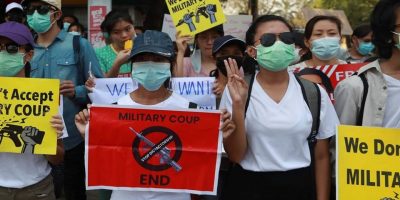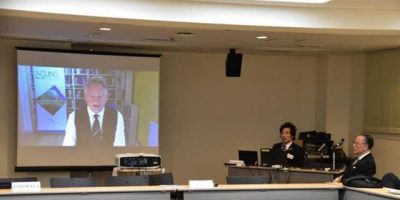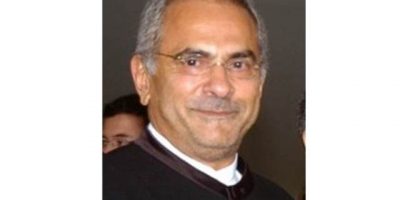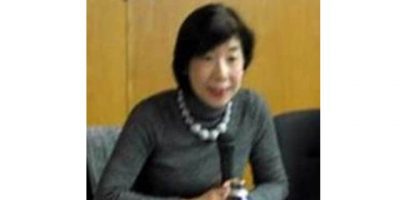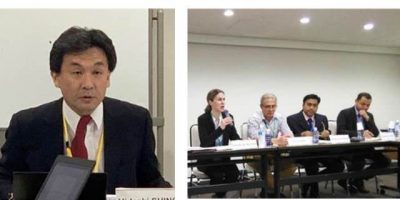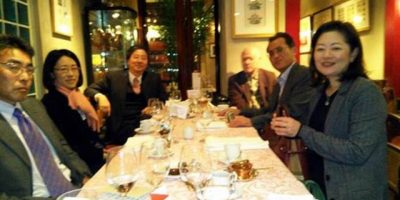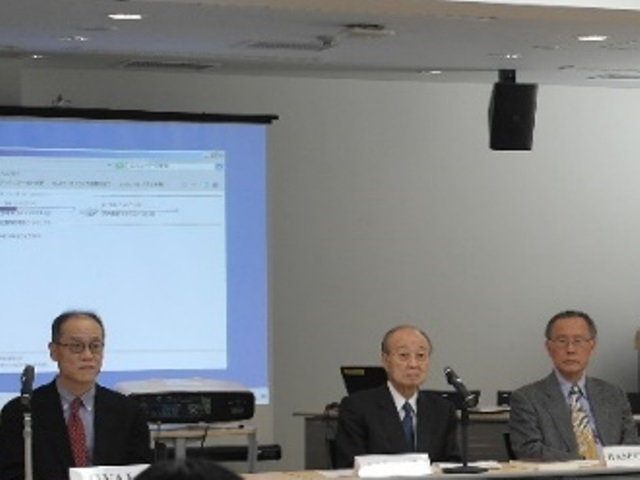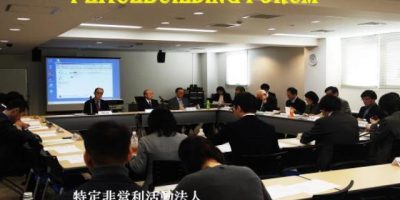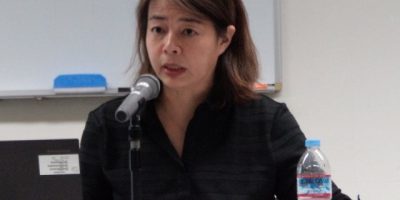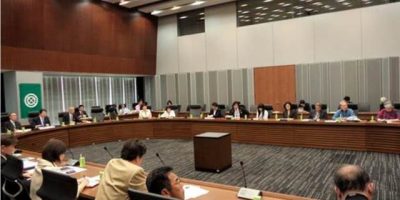
The Japanese Parliamentary Commission for World Federation (JPCWF), composed of bipartisan members of the Japanese Diet, was held on May 15, 2019 in the Conference Room of the House of Councilors. Mr. Seishirō ETO, the chairman of the Parliamentary Commission, gave opening remarks and briefings for the General Assembly, and Ms. Kuniko INOGUCHI, the standing member of the Parliamentary Commission, acted as a moderator. Major political parties were represented by senior members who included Mr. Bunmei IBUKI of the Liberal Democratic Party and former Speaker of the House of Representatives, Mr. Tetsuro FUKUYAMA, Secretary-General of the Constitutional Democratic Party of Japan, Mr. Yuichiro TAMAKI, the Leader of the Democratic Party for the People (DPFP), Mr. Masahiko INOUE, Vice President of the Komeito, Mr. Akira SAKAI, Japanese Communist Party Policy Chairman, and Ms. Mizuho FUKUSHIMA, Social Democratic Party Policy Chairperson. Mr. Masahiko SHIBAYAMA, Minister of Education, Culture, Sports, Science and Technology provided his comments. The Japan Commission on Global Governance (JCG) was then established, and former United Nations Secretary-General’s Special Representative Sukehiro Hasegawa was appointed its chairman.
